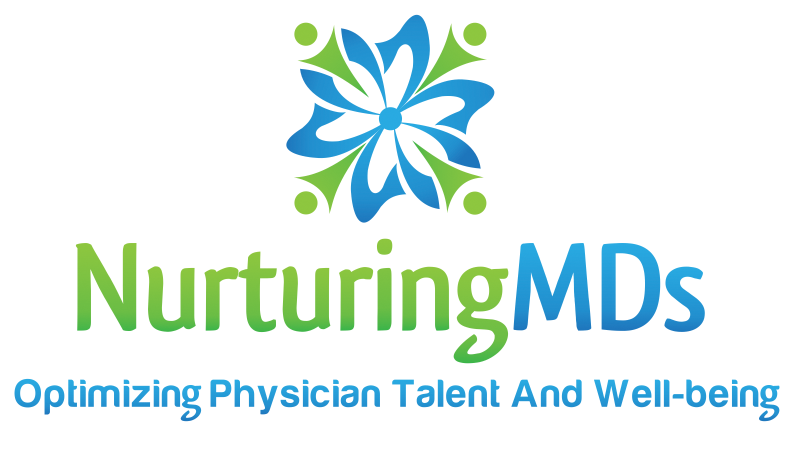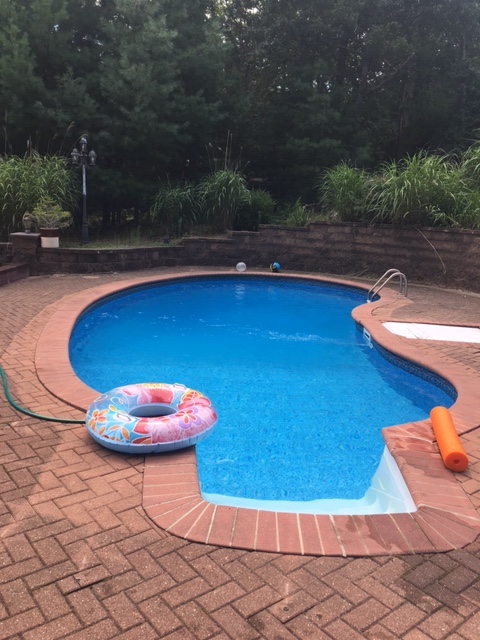Over the past few summers, I’ve been noticing that when it came to swimming in the deep end of the pool I was fearful. Gone was the fearlessness of my youth, when I’d venture out, take risks and somehow just know I’d make it back to the shallow end where I could firmly stand on solid foundation.
Somewhere along the way I had replaced my fearlessness with what if’s.
What if I my leg cramps and I can’t swim anymore? What if I can’t catch my breath? And what if don’t have enough energy to make it back? I think you get the idea.
And while the what if’s didn’t stop me from going into the pool, they did rob me of fully enjoying the experience the way I once had.
As I thought about this, I realized that what if’s had invaded other areas of my life, especially when it came to medicine.
Here’s one example that comes to mind. As a Hospitalist in the Neonatal ICU a day doesn’t go by when I am called to the delivery room. I adopted the practice of mentally preparing myself for a possible resuscitation and visualize the best patient outcome. I have to admit that I did have unsettled energy around it that showed up as what if”s. I learned to keep refocusing my thoughts and energy onto the desired patient outcome and push the what if’s away. Thankfully most often the best outcomes were realized and when interventions were needed, the team and I were prepared.
I will say that the what if’s did significantly contribute to the stress and worry of the day. It even disconnected me from appreciating the joy of the birth of a new life.
This summer I decided to conquer the deep end, to once and for all ditch the what if’s and enjoy the water. I wouldn’t worry about my feet not touching the ground. I pace myself so that I could easily swim back to the shallow end. I’d use the flotation devices and allow myself to appreciate the peace in the deep end.
I’m happy to say I accomplished it.
Here’s the lesson. The pool was the same. The depth of the water was the same. The potential for all the what if’s I had focused on was the same.In order to enjoy the pool I had to shift my perspective.
In shifting my perspective I learned 3 things:
- Preparation for the deep end of the pool meant looking at my abilities: Am I tired or am I energized and excited to do this? It meant looking at my mental state: Do I believe I can do this? It meant checking in with my emotions: Why choose fear when faith is available?
- There are some things I needed to release in order to move into my next level. I was holding onto thoughts and beliefs that were not allowing me to fully be present in the moment and enjoy the experience. I had to be willing to let them go.
- The third thing I learned is that I can be supported. And support comes in different forms. I had to be willing to admit that I needed support along the way to meeting my goal.
How do we apply these 3 lessons to medicine?
- Preparation: After years of education and training we know the importance of mastering the knowledge and skills to execute as a doctor. Doctors often spend little time preparing for the emotional, mental, and spiritual exhaustion that medicine takes on our mind, body, and soul. What daily practices can you easily put in place to prepare for the day ahead?
- Release: What thoughts and beliefs are keeping you stuck in place, making it difficult to achieve your professional and personal goals? We all have them. We have to be willing to let them go in order to grow into your next level of success and happiness.
- Support: It is time for doctors to acknowledge our areas of expertise and then accept support for the rest.
While we wait for a new culture and climate in medicine to emerge, a new experience is possible when we release the what if’s.



